MUNPoint
How to apply as an individual delegate or as a delegation?
Sample video
How to upload your position paper?
https://www.youtube.com/watch?v=Yhz5UVJJOds&ab_channel=MUNTurkeycom
Bireysel ve delegasyon başvurusu nasıl yapılır?
Örnek video
Pozisyon Belgesi Nasıl Yüklenir?
https://www.youtube.com/watch?v=Yhz5UVJJOds&ab_channel=MUNTurkeycom
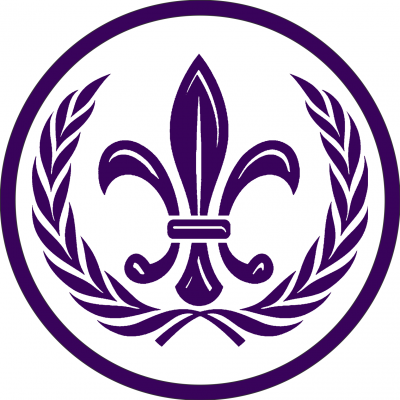
BESTMUN'23
Beştepe College Model United Nations
Conference Fees
Additional Information
ATTENTION.
If you wish to apply as a Judge/Advocate to ICTY, you must apply through the google forms on our website.
https://bestmun.com/international-criminal-tribunal-for-the-former-yugoslavia/
EARLY APPLICATION PERIOD END:
SEPTEMBER 18
Payment Details:
Individual Delegate
Early: 900₺
Late: 950₺
Delegation
Early: 900₺ per delegate
Late: 950₺ per delegate
Advisor/Observer
900₺
Press, Administration Member,
900₺
Committee Board Member (Chairboard, Rapporteur)
800₺
Please refer to our website for further information (venue, accommodation, schedule, committees etc.)
www.bestmun.com
Applicants are accountable with their own reservations at the hotel. You're advised to directly contact the hotel administration.
No refunds once payments have been sent.
Organizers
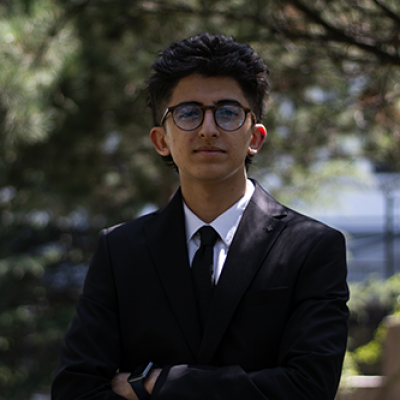

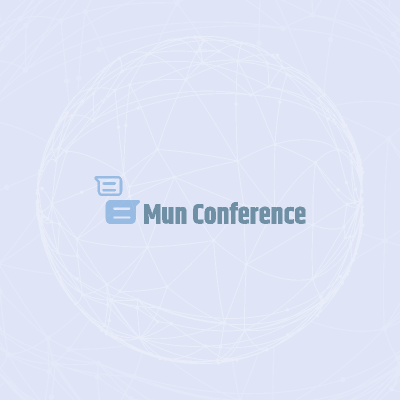





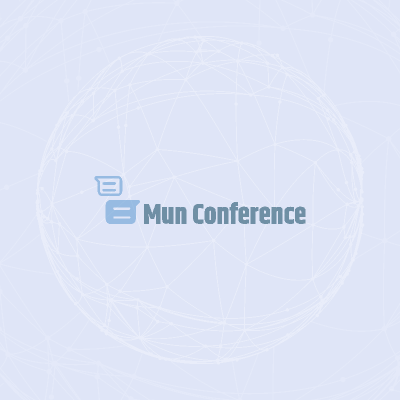
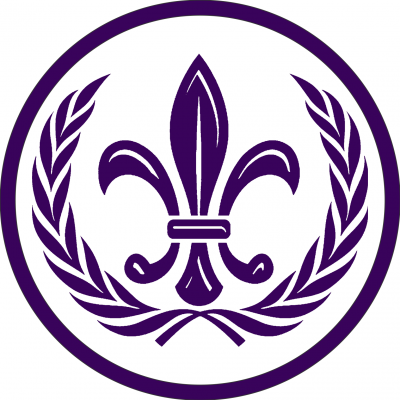

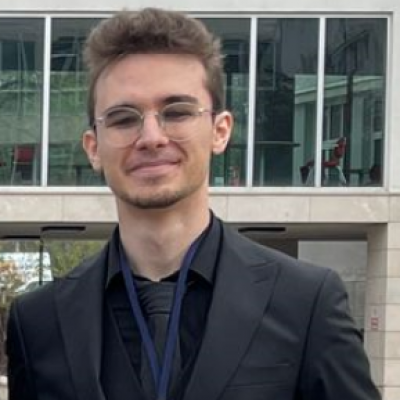


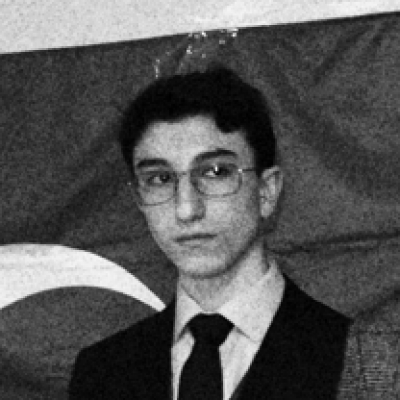

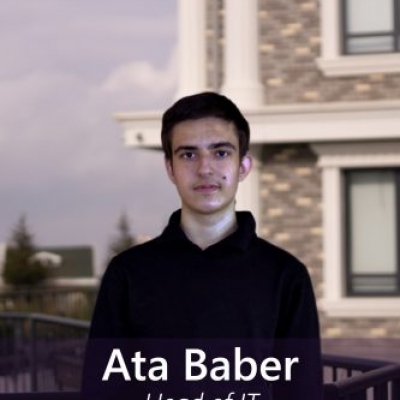
Committees
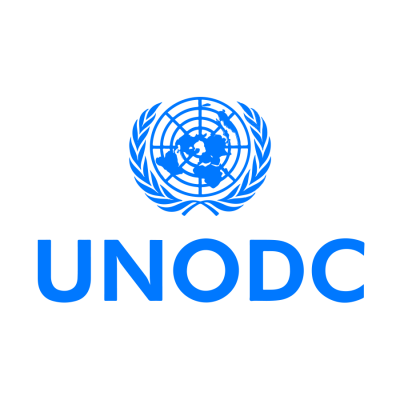
Under Secretary General: Yüksel Çağlar Baypınar
Under Secretary General: İl Deniz Ezgi Bayca
Academic Assistant: Melek Pektezel
Topic 1: Technology Facilitating Trafficking in Persons
Information:
The United Nations Office on Drugs and Crime (UNODC) is an important intergovernmental body established in 1997, with a mandate to support Member States in their efforts to counter the world’s most pressing criminal justice and drug control challenges. The UNODC works to promote justice, prevent crime and corruption, and to promote and protect human rights. It provides Member States with the legal and technical assistance they need to effectively combat organized crime, trafficking in persons, and the illicit drug trade. Additionally, the UNODC is responsible for implementing international drug control and crime prevention treaties and for leading the development of global standards and norms in these areas.
The agenda item "Technology Facilitating Trafficking in Persons" highlights the dual role of technology in both aiding and hindering efforts to combat human trafficking. On one hand, technology can be used by traffickers to exploit vulnerable individuals, such as through online recruitment and exploitation. On the other hand, governments can use technology to enhance their efforts to combat trafficking, such as through the use of data analysis and improved information sharing. However, the increased usage of technology also creates new vulnerabilities in governments, such as the risk of cyberattacks on sensitive data and systems. The UNODC will therefore consider the challenges and opportunities presented by technology in the fight against human trafficking, and work to develop recommendations for Member States to effectively utilize technology in a manner that both protects vulnerable populations and safeguards against new risks.
Comments from The Conference
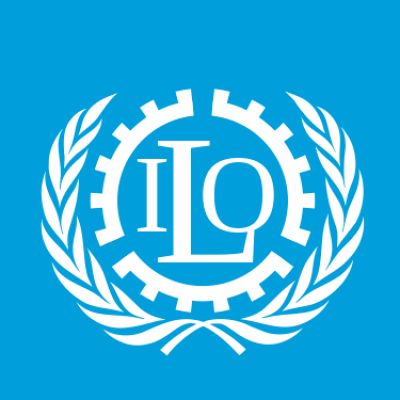
International Labor Organisation (ILO)
Under Secretary General: Elif Naz Alptekin
Academic Assistant: Merve Karakulak
Topic 1: Prevention And Elimination of Bonded Labor,
Topic 2: The Future of Work in the Arts and Entertainment Sector
Information:
Established in 1919, the International Labor Organization (ILO) is a specialized organization under the United Nations, whose mandate is to promote decent working conditions and advance social justice. ILO conventions and regulations create labor standards that are binding on all nations that ratify them. In order to support the implementation of these standards, the organization also offers technical assistance to governments, employers' associations, and workers' organizations. The ILO also conducts research, gathers statistics on labor issues, and acts as a platform for discussion and mediation among its member states, representatives of workers, and employers.
Bonded labor, also known as debt bondage or debt slavery, is a form of modern slavery where an individual is forced to work in order to pay off a debt or other obligation. This practice is illegal in many countries, even in the ones where it is most prevalent. The International Labour Organization estimates that around 21 million people are currently in debt bondage globally. The ILO plays a key role in tackling bonded labor through its international conventions, technical help, and awareness-raising efforts. It is of critical importance to continue the efforts to combat this form of modern slavery. Hence, in BESTMUN23, the delegates of ILO will discuss how to prevent and eliminate bonded labor through a variety of means.
Creativity, innovation, and cultural expression flourish in the arts and entertainment industry, making a substantial contribution to societal enrichment and intercultural understanding. However, this industry also presents particular difficulties, such as problems with job security, just compensation, working conditions, and intellectual property rights. The ILO provides a forum for member states to engage in fruitful discussion and enact laws that address these issues through its conventions and recommendations. The ILO works to make sure that policies and regulations are well-balanced and responsive to the changing demands of the industry by encouraging social discussion and cooperation among stakeholders.
Comments from The Conference
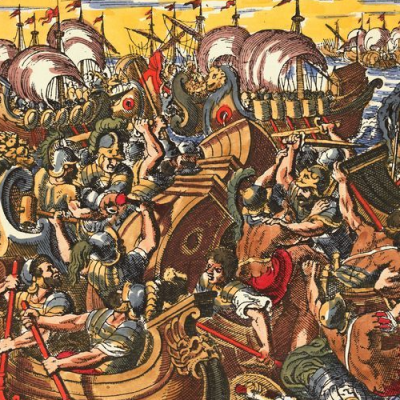
Under Secretary General: Umay Alçin Göllü
NO POSITION PAPER REQUIRED FOR THIS COMMITTEE
MAKE YOUR PREFERENCES THROUGH THE MATRIX
Topic 1: Peloponnesian War
Information:
The Peloponnesian War was a conflict between Athens and Sparta over the control of Greece. The war lasted from 431 to 404 BC, and involved many battles, sieges, and other engagements. It ended with an inconclusive truce that left the Greek world in a state of political disarray.
As a member of JCC, delegates will be expected to solve crises that involve both diplomacy and war by influencing the politics of their cabinets by acting out in their respective roles.
Comments from The Conference
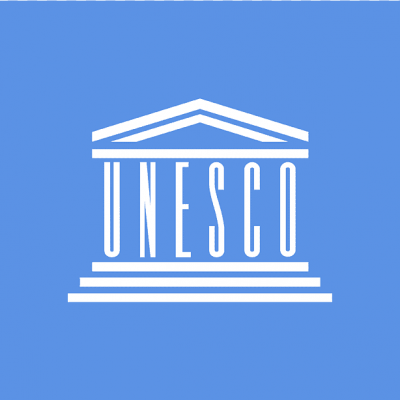
Under Secretary-General: Asmin Nupel Akıncı
Academic Assistant: Nazmi Güler
Topic 1: Combating The Illicit Trade of Cultural Property, Ensuring Return & Restitution
Topic 2: Protection of Cultural Property in Conflict Zones
Introduction
The United Nations Educational, Scientific, and Cultural Organization (UNESCO) was created as a specialized organization of the UN in 1945. It strives to encourage global cooperation in the areas of communication, culture, science, and education. UNESCO, a well-known international agency, is crucial in protecting and maintaining cultural property, which encompasses tangible and intangible assets, buildings, objects, customs, languages, and cultural expressions. The importance of UNESCO's role in cultural property conservation is seen in its initiatives to promote a sense of responsibility and commitment among nations to preserve cultural variety and legacy for the benefit of current and future generations. UNESCO facilitates worldwide collaboration to combat illicit trafficking and looting of cultural items while also encouraging nations to recognize, record, and conserve their cultural treasures through its conventions and initiatives. In conclusion, UNESCO's visibility and actions in cultural property protection serve as a crucial platform for intergovernmental collaboration, developing a feeling of shared history and collective responsibility, while also promoting cultural diplomacy and global peace.
Comments from The Conference
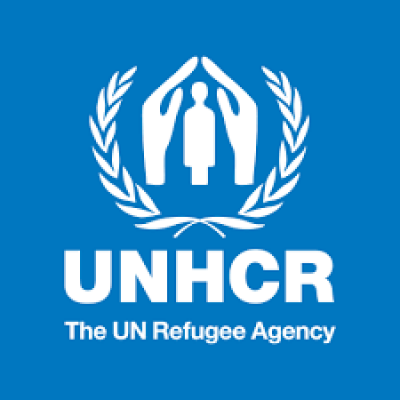
USG: Meryem Genç
Under Secretary-General: Meryem Genç
Topic 1: Marginalized communities position on migration
Information:
By upholding the values of diplomacy and international collaboration, the United Nations High Commissioner for Refugees (UNHCR) plays a crucial role in tackling migration issues within marginalized communities. The UNHCR is responsible with defending the rights and welfare of people who have been forcibly displaced, such as refugees, asylum seekers, and stateless people, who frequently feel vulnerable because of their disadvantaged status. When it comes to addressing the needs of marginalized groups impacted by migration, UNHCR functions as a neutral and impartial institution that collaborates with governments, regional organizations, and other stakeholders. The organization's main goals are to protect and help those who have been forcefully displaced while also ensuring that their human rights are preserved and respected throughout the course of their migration.
Comments from The Conference
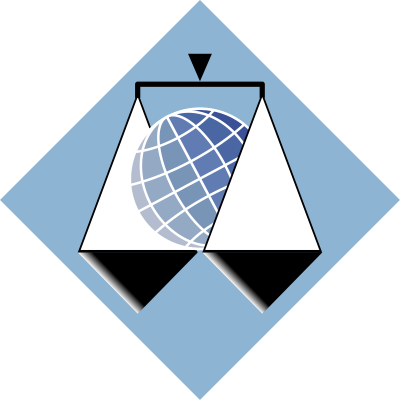
DELEGATES WHO WISH TO APPLY FILL THIS FORM: https://forms.gle/KKCZW6YjeiB5RiZt5
Under Secretary General: Aykut Küçükyıldız
Topic 1: Trial of Radovan Karadžić,
Information:
The International Criminal Tribunal for the Former Yugoslavia was a tribunal which was established to prosecute crimes committed during the dissolution of Yugoslavia. Many war crimes were committed in the conflicts during the dissolution, and prosecuted by the tribunal. In this case, the tribunal shall decide on if Radovan Karadžić, leader of Bosnian Serbs, was involved in the committed war crimes or not.
Comments from The Conference
Social Media
Location
Join the most efficient MUN management system and social MUN Network. Create your MUN, receive applications and allocate your delegates online, manage payments, send notifications, e-mails and direct messages to the participants, create and send online certificates and awards, create your MUN CV, publish documents on Document Center and do many more.








